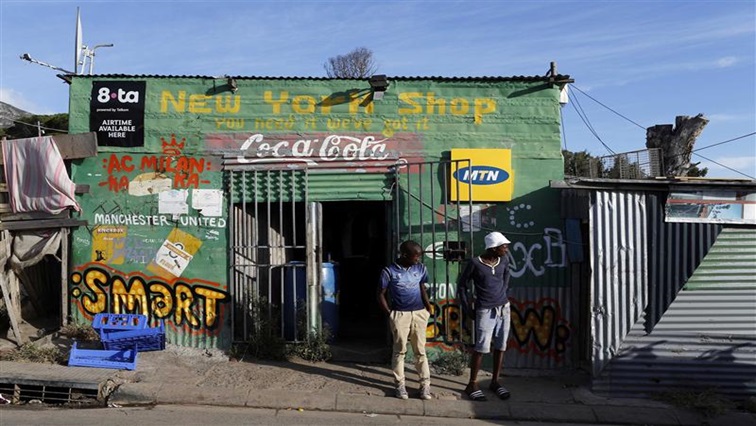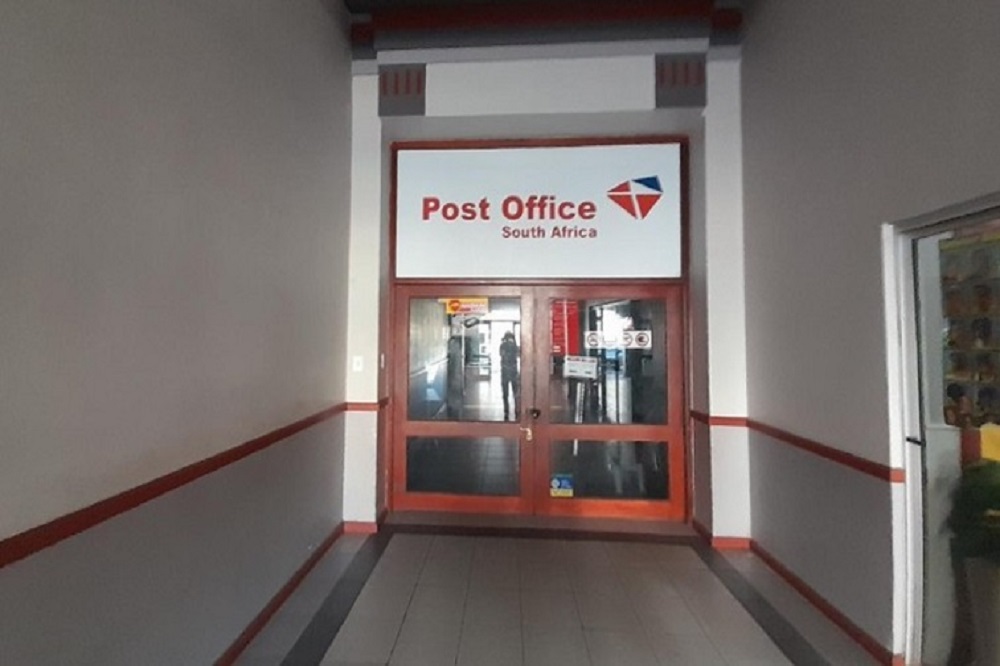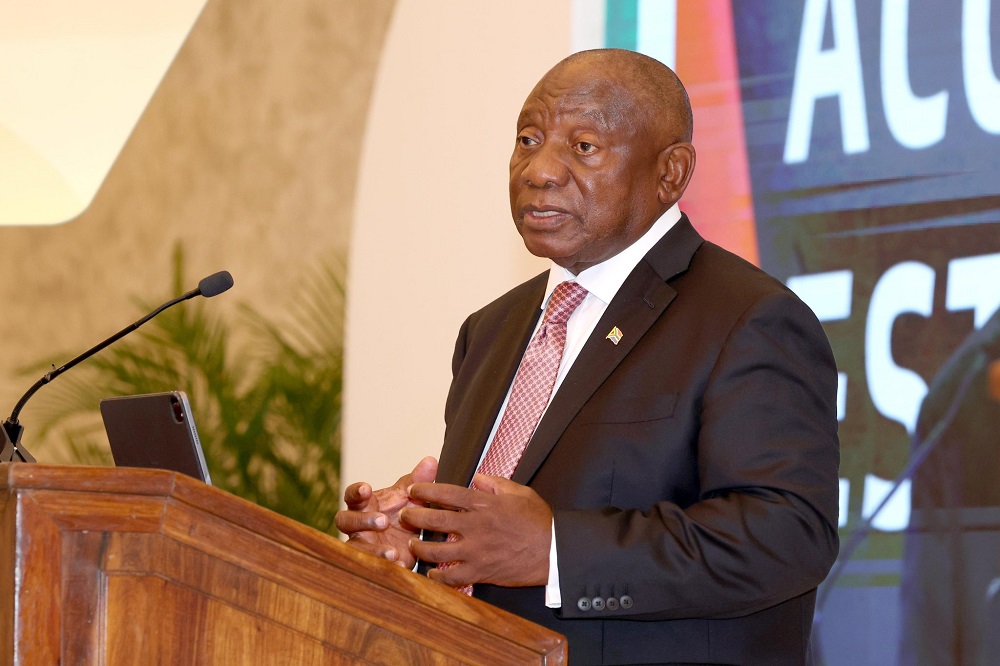-
[File Image] Residents stand outside a spaza convienience shop in Cape Town’s Imizamo Yethu township, April 19, 2014.
KwaZulu-Natal Premier Thami Ntuli says plans are under way to audit all spaza shops in the province. Ntuli was addressing a special meeting with all mayors.
He presented the province’s approach to the Standard Draft Municipal by-laws Gazetted by the national Department of Co-operative Governance recently.
National government has said it’s aimed at boosting township economies, while also addressing a spate of deaths that’s reportedly linked to food bought from spaza shops.
The regulations published in the government gazette, give municipalities a standardised framework for by-laws they are urged to adopt.
In part, it’s aimed at promoting township economies.
It also sets standards that small businesses like spaza shops must adhere to in the wake of a spate of food poisoning cases countrywide.
The provincial government in KwaZulu-Natal has attributed local cases to poor hygiene in food packaging.
The draft by-laws require all businesses to have permits or licenses, and include measures like a quota for shops owned by foreign nationals, and shop-owners being required to keep a record of who they buy stock from.
Ntuli says they will now strengthen co-ordination and support municipalities to set up interdisciplinary inspection teams as envisaged in the draft by-laws.
The Premier says they will do an audit to establish how many spaza shops there are and where they are operating as a basis for enforcement operations.
“Some of the goods are produced here illegally. We are taking stock of centers that are doing that, and the other fundamental resolution,” adds Ntuli.
uMkhanyakude Mayor Siphile Mdaka says they have so far been battling cross-border crimes like hijacking and vehicle theft.
He says they need to widen their scope to goods being brought in from Mozambique and eSwatini.
“We now have to mobilize Amakhosi, councilors and all the sectors in society, churches, and the community at large, to make sure that we are also involved in clamping down this kind of crime. One, the illicit goods coming into our country, and secondly, we must be involved in terms of the product being circulated and being sold in our local spaza shops and local shops,” adds Mdaka.
uThukela District Municipality Mayor Inkosi Ntandoyenkosi Shabalala and eThekwini’s Deputy Mayor – Zandile Myeni say they have already started to clamp down on spaza shops selling counterfeit goods.
“We started our visits to those areas where we have a number of them especially in townships, so the program that we have embarked on is bearing some fruits,” explains Shabalala.
“We have found out that they have their own illegal manufacturers. Some of them we have closed them and we are in a process of identifying others because we are saying let us go to the root of this,” adds Myeni.
The government has conceded that they don’t have enough health inspectors to monitor all businesses.
The draft by-laws provide for joint raids in which municipal officials will work together with other role players like the Department of Home Affairs and law enforcement.











